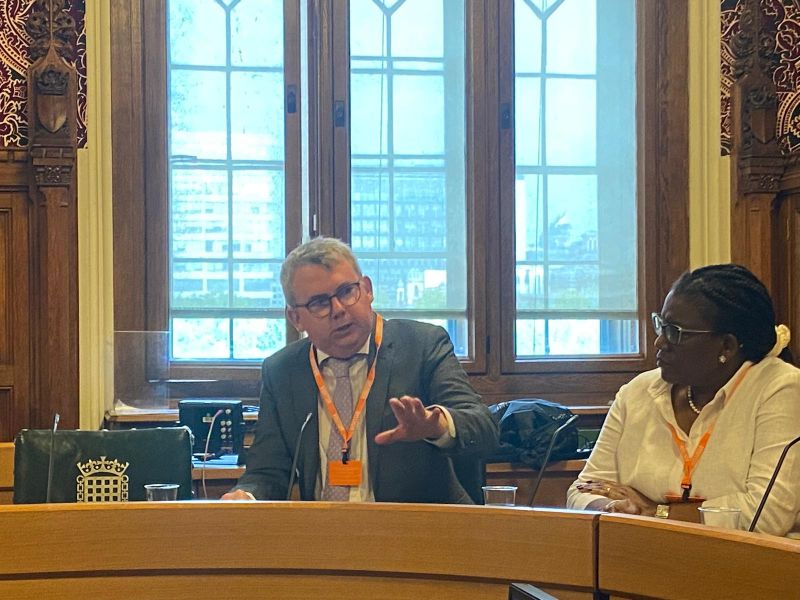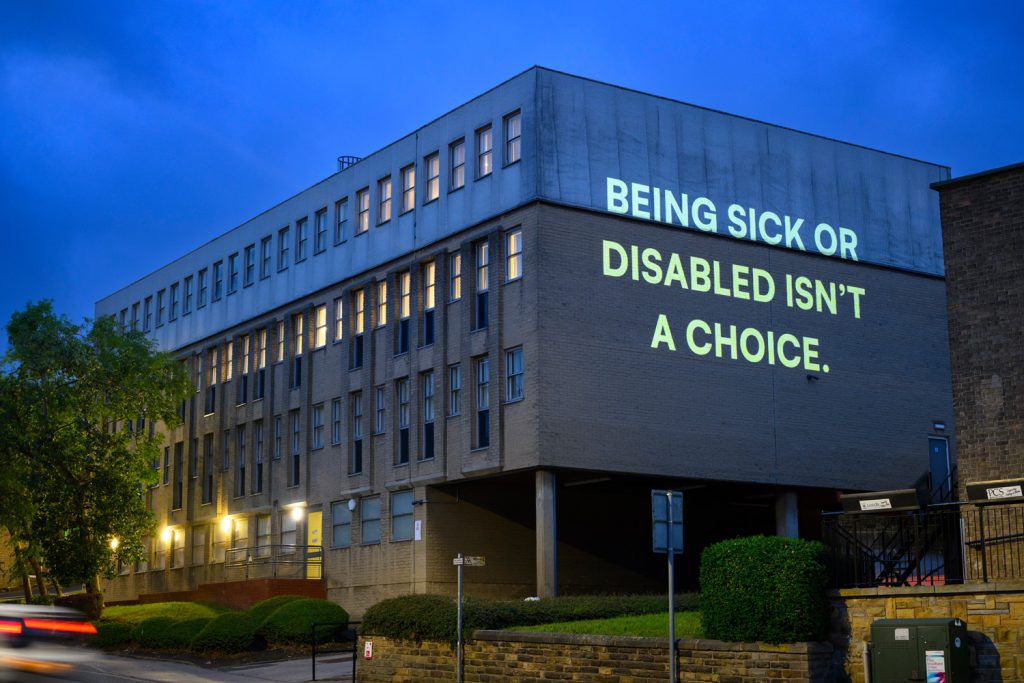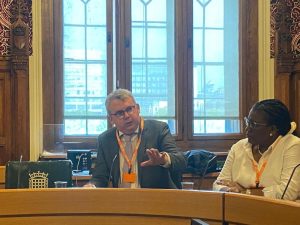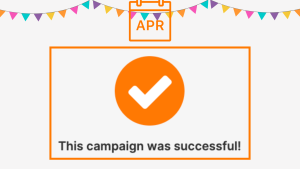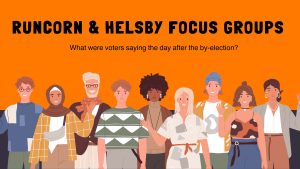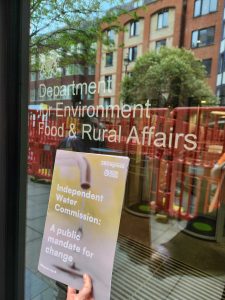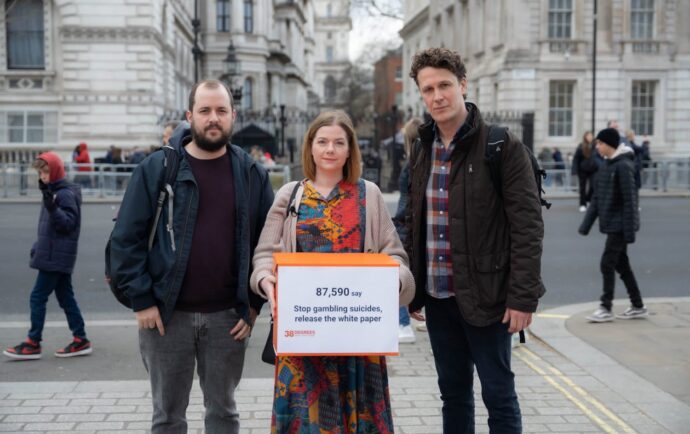
Feb 27th, 2015
TTIP: Leaked text analysis by John Hilary, War on Want
By Megan Bentall
This week leaked documents published by the BBC show that our NHS hasn’t been taken out of TTIP – the Transatlantic Trade Investment Partnership. Unless our health services are fully excluded from TTIP there’s a huge risk of further privatisation of our health services as US corporations try to profit from our NHS.
John Hilary, Executive Director at War on Want has put together the following analysis for 38 Degrees members. It helps explain exactly what this new document means for our NHS under TTIP – and why our health service is still under threat.
TTIP and the NHS
John Hilary, War on Want
This week has seen the latest UK government attempt to convince people that the NHS is safe from the dangerous Transatlantic Trade and Investment Partnership (TTIP) currently being negotiated between the EU and USA. The initial services offer of the EU was published online by BBC Scotland on Thursday, outlining the many sectors that will be irreversibly opened up to US corporations if TTIP goes through. And with it comes another government reassurance that the NHS could somehow be protected, even though health services are on the table to be traded away.
The first thing to say is that there is nothing new here. The EU services offer has been freely available on the internet since last May, so this is less a news story and more a spin operation. It follows the publication of a letter from the EU Trade Commissioner, Cecilia Malmström, to trade minister Lord Livingston in January which also tried to convince people that the NHS is safe from TTIP. They are clearly rattled by the level of public anger that the issue has inspired.
The second point is that the ‘protection’ highlighted to the BBC relates only to how US corporations will be treated once they are already providing health services. In the jargon, this is the ‘national treatment’ provision that requires foreign companies to be treated at least as well as domestic firms once they are operating in the local economy. The protection does not apply to whether the market should be opened to them in the first place, or whether we can bring it back into public hands. Any such protection would have to be written into the ‘market access’ column of the schedule of commitments that the BBC has published, which it isn’t.
So here is a blow-by-blow account of why we are right to be worried about the NHS in TTIP:
1. Health services, medical services (including midwifery and physiotherapy) and dental services are all included in the TTIP negotiations. The EU’s draft offer says this clearly, and the EU trade commissioner’s letter has also confirmed that health services are on the table. The only sector that has been excluded from the TTIP talks is audio-visual services, as a result of dogged insistence by the French. All other services are in, and can be traded away for further liberalisation if the US negotiators so demand.
2. The NHS is also open to attack under the new investor-state dispute settlement (ISDS) rules that TTIP would introduce between the EU and USA. For the first time, US corporations would be able to bypass our domestic courts and challenge health policy decisions before ad hoc arbitration tribunals, and to sue us for hundreds of millions of dollars in ‘damages’ as a result of future policy changes that might affect their bottom line. The chief EU negotiator and UK government ministers have all admitted that such challenges would be possible under TTIP, just as Slovakia has already lost a multi-million dollar case to Dutch insurance company Achmea for reversing the country’s earlier privatisation of health insurance.
3. Proponents of TTIP argue that the NHS could be protected by a safeguard on services supplied ‘in the exercise of governmental authority’ that was first introduced in the 1994 General Agreement on Trade in Services (GATS). Yet this safeguard is worthless in protecting public services in the modern era, as the definition of services supplied ‘in the exercise of governmental authority’ requires them to be supplied (a) not on a commercial basis, and (b) not in competition with any other service supplier. As trade experts have confirmed over many years now, the NHS does not qualify for this protection on either of the two counts.
4. One thing that individual EU member states can do is to register their own special reservations for particular services in the schedules drawn up by the negotiators. Yet the UK government has a historical reservation in place only for ambulance services and for ‘residential health services other than hospital services’ – and even these are now under attack. Under TTIP, US health care companies would have the right to supply hospital services or social services.
There are many reasons why we should oppose TTIP, including the presence of other key services such as education, water and rail transport in the deal, and the deregulation agenda that is at the heart of the negotiations. Exempting the NHS will do nothing to address those concerns, or the loss of one million jobs that official estimates say TTIP will bring. That is why all progressive forces in the UK and across Europe are now calling for the outright rejection of TTIP, and its replacement with a new generation of trade deals that put people’s needs before the blind pursuit of corporate profit.
John Hilary is Executive Director of War on Want, and author of the briefing The Transatlantic Trade and Investment Partnership: A charter for deregulation, an attack on jobs, an end to democracy, available in nine European languages via waronwant.org/ttip.
War on Want will be running a national gathering on TTIP in Manchester on 21 March 2015, and all 38 Degrees members are warmly encouraged to attend. Details of how to register for this free event are online here: http://www.waronwant.org/news/events/18257-ttip-building-the-fightback


